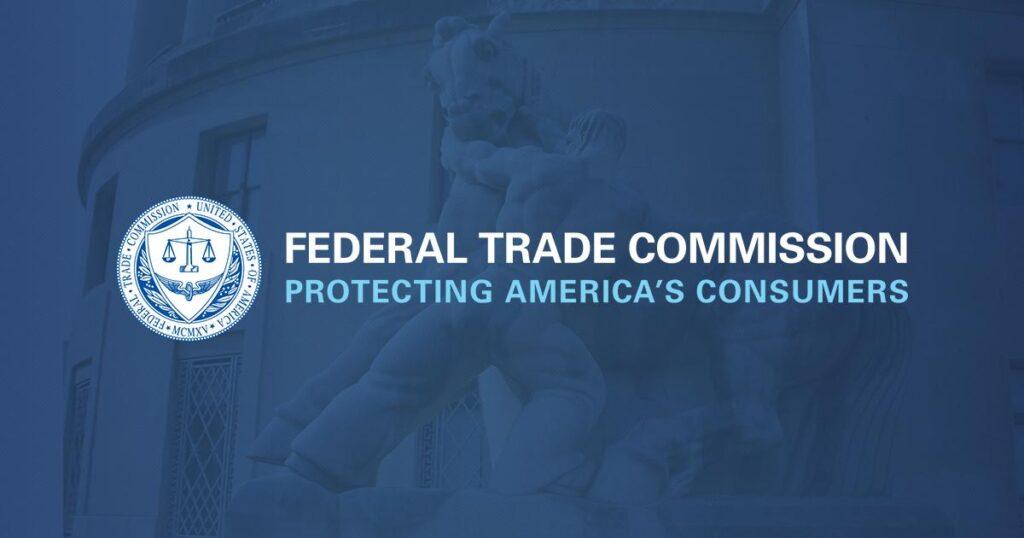Regulations: Federal (Part 2)

We now continue out discussion of federal regulations. The purpose of the Patriot Act’s Cash Reporting section is to trace laundered money – particularly money used to fund terrorist activities. You must report the transaction to the IRS and FinCEN on form 8300 and inform the customer in writing by January 31st of the following year.
Any business – including dealerships – that takes in $10,000 in cash or cash equivalents in a single transaction or IN TWO OR MORE RELATED TRANSACTIONS IN A 12 MONTH PERIOD must comply with this reporting. If you take in the above cash, you’re also required to report any suspicious transactions.
Your dealership management software may help you with the tracking of cash for 8300 reporting purposes. Click on the links to preview Form 8300 or follow the links to download the form directly from the IRS. Additionally, more information about reporting cash payments over $10,000 can be found on the IRS website.
Patriot Act – OFAC Requirements
In order to restrict terrorist activities and apprehend potential criminal suspects, the Office of Foreign Asset Control (OFAC) maintains Specially Designated Nationals (SDN); a list of persons and entities you may NOT enter into a business transaction with.
You must check all your customers against the list before the transaction.
Your dealer management software (or DMS) often will have a portal to allow you to check automatically against the SDN. But if it does not, you must have another method for checking the SDN list.
The Truth in Lending Act and Regulation Z
The purpose here is to require creditors to make specific disclosures to consumers about the cost and terms of credit, both in the contract and in advertising.
Buy-here, pay-here dealers and dealers who offer third party financing are required to comply with the Truth in Lending Act and Regulation Z.
Let’s first talk about the disclosure requirements for the retail installment sales contract related to the fed box, that sets apart disclosure of the interest rate, the amount financed, the dollar cost of credit, the total of payments, and the total sales price.
Reg Z requires that in any advertisement for credit, if certain “trigger terms” such as the amount of the down payment are used, then other disclosures are also required.
In a later chapter we will talk specifically about advertising rules, some of which are based on these Reg Z requirements.
The Federal Trade Commission and the Consumer Financial Protection Bureau have enforcement in this area. For more information click the links.
The Consumer Leasing Act and Regulation M
Those dealers involved in leasing should be aware of the Consumer Leasing Act and its associated Regulation M.
The purpose here is to require lessors to make specific disclosures to consumers in the lease contract and in advertising.
ANY business involved in consumer leasing – including car dealers – must comply. Again, the FTC and the CFPB have enforcement authority.
The requirements for disclosure are very similar to those found in TLA and Reg Z. For more information on Reg M click the CFPB link here.
Equal Credit Opportunity Act and Regulation B
We mentioned the ECOA earlier when we talked about the credit application form. The purpose of this Act is to prohibit discrimination in financing based on:
- color,
- religion,
- national origin,
- sex,
- marital status,
- age,
- the person receives public assistance,
- or because they assert their rights under consumer protection law.
There are limits on what information can be required in the application process. If credit is denied or any adverse action is taken against the applicant, certain notifications are required to be sent under Regulation B. An adverse action notice is required when:
- credit is denied,
- credit is not even submitted for approval,
- credit is not granted upon the terms requested,
- or if credit decision is based entirely – or in part – on information contained in a consumer report.
For individual violations a civil suit can result in a judgment up to $10,000 plus court costs and attorney’s fees; and up to $500,000 for a class action.
The FTC has enforcement jurisdiction if there is a pattern of violations.
Any business involved in making credit decisions has to comply with the ECOA. For more information click on the link to go to the ECFR.gov website.
The Fair Credit Reporting Act
The purpose here is to ensure accurate consumer credit reporting.
Any company that furnishes information to the consumer reporting agencies must comply. The requirements are basically:
- that you’re responsible with your credit reporting
- you must check negative information before reporting it to the bureau
- you must investigate and verify information in the file if the bureau reports a consumer dispute
- And you must withdraw or correct erroneous information immediately
Enforcement comes from the CFPB and the FTC, and both agencies have taken MANY enforcement actions in this area.
